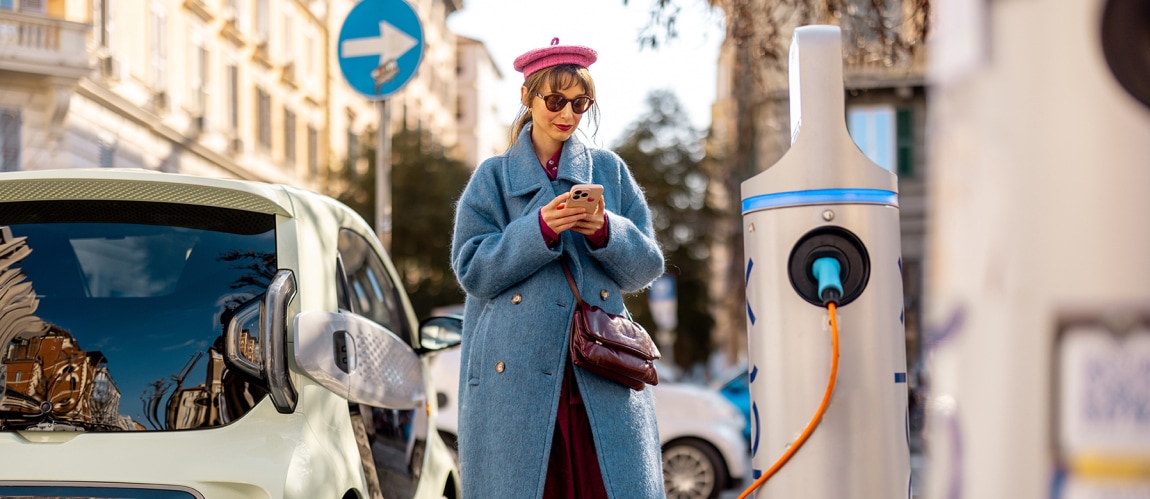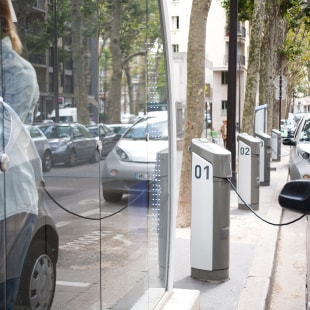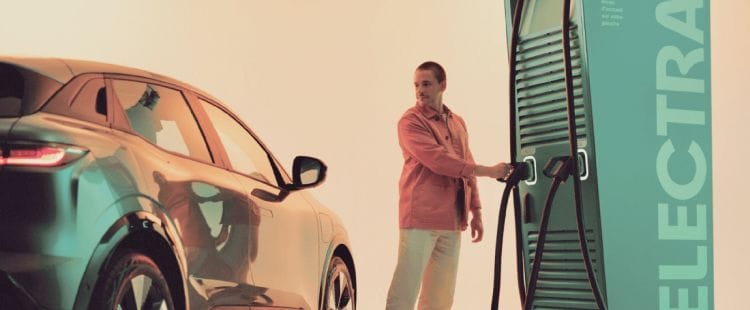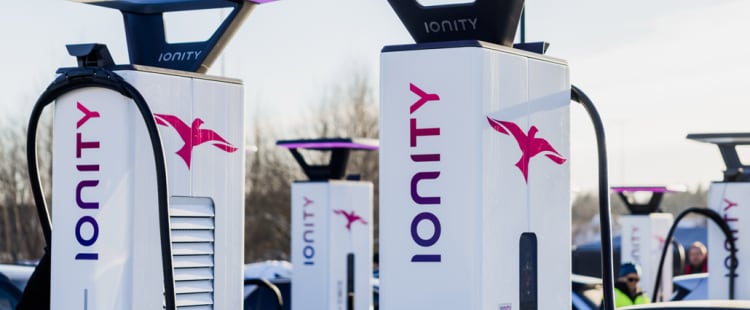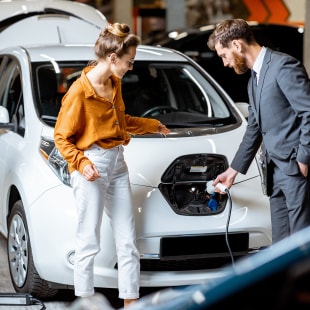Achieving sustainable mobility is becoming increasingly complex due to the demands of decarbonisation, evolving transportation patterns, and ongoing technological progress. In Europe, consumers, company fleets, manufacturers, equipment suppliers and financing institutions are trying to preserve the future of the European automobile industry, which accounts for 7% of the region's GDP and supports nearly 14 million direct and indirect jobs. For every euro invested in the automotive industry, the European economy benefits to the tune of 2.6 euros.
The emergence of neo-manufactureurs
The European automotive sector is facing an unprecedented situation, meaning that its historical model, based on thermal engines, is being called into question. Environmental imperatives and globalisation have largely undermined its leadership in the world market. Europe now has to reckon with neo-manufacturers, new players who have been able to embrace electrification without undergoing major structural changes. In 15 years, China has become the undisputed leader in electric vehicles, taking a decisive technological lead over the rest of the world. And the movement is all the more marked as this country offers high-performance models at highly competitive prices. Despite import tariffs imposed in 2024 by the EU (ranging from 17.4% to 37.6% on top of the 10% already in force), Europe has lost 25% of its competitiveness compared to China, partly due to inflation which has weighed heavily on the costs of European manufacturers. Furthermore, 65% of the world's electric car batteries, which can account for up to 50% of a vehicle's cost, are produced in China. The country has two leading companies in this sector: CATL (37% of global production) and BYD (16%).
A necessary paradigm shift
50 % of Generation Z Europeans say they are thinking about going electric for their next car. Moreover, as Fabien Levaillant, Managing Director, Low-Carbon Transition Group, at BNP Paribas, points out that cars have changed in nature: “Today's cars are computers on four wheels”. Cars have evolved into living spaces, offering services that ensure passenger safety and comfort. The sector is further strengthening the intelligence of its models and their accessibility by calling on digital innovation and AI. And all this while it accelerates partnerships with specialists in these technologies, a trend supported by the EU through the "Vehicle of the Future" initiative.
Charging infrastructure and batteries: meeting the challenge of electrification
Efforts to meet the challenge of electrification are primarily focused on battery production and the development of charging infrastructure. In March 2025, the European Union announced a list of 47 strategic projects covering the entire battery value chain and enabling the production or recycling of critical raw materials essential to their manufacture. Expanding the network of charging stations is another significant challenge, and it is crucial for creating a fully integrated electric ecosystem. Here again, significant progress has been made. For example, France has recorded an increase of 31% compared to 2023, with 154,694 charging points accessible to the public in January 2025. This growth is being driven by public and private funding.
Electra and IONITY, two players in electric mobility supported by BNP Paribas
Citizens, the driving force behind the transition to electricity
Incentives to accelerate the transition of citizens are essential. Without a robust internal European market, project leaders and manufacturers will be unable to make the substantial investments required. The idea is to create a virtuous circle. To this end, the incentives already in place for electric cars (European regulations and subsidies, conversion bonuses, ecological bonuses, etc.) can be supplemented by new schemes such as a green savings plan whose merits have been lauded by several economists: households would benefit from a subsidised rate “in exchange for a commitment to purchase an electric vehicle in three to five years”.
Supporting all stakeholders involved in sustainable mobility
To strengthen support to businesses and professionals along the path to decarbonisation a coordinated approach allows for specific requirements to be addressed. For example, through its subsidiary Arval, BNP Paribas is developing offers and solutions to optimise electric fleets thanks to digital management platforms.
The future of European mobility is therefore built around an integrated ecosystem, combining technological innovation, industrial sovereignty and tailored financing solutions. Against the backdrop of this transformation, BNP Paribas is driving change via its cross-functional initiative, BNP Paribas Mobility, so as to leverage its expertise and help build a sustainable and competitive industry. This approach is fully in line with the Group's strategy to support the energy transition, positioning the Bank as a key player in the mobility of tomorrow.
How can Germany's automotive sector retain its status as a European frontrunner while contending with environmental issues?
With more than 350 world premieres and 748 exhibitors from 37 countries, the third edition of the IAA Munich Trade Fair, which took place from 9 to 14 September 2025, proved a great success. Despite the major challenges it faces, including the intensification of international competition, Germany remains a key player in the European automotive industry.
According to Stefan Bratzel, automotive expert at the Center of Automotive Management (CAM), Germany is going through a “polycrisis” characterised by the withdrawal of subsidies for electric vehicles since late 2023, an insufficient charging infrastructure, and uncertainties related to international customs policies. However, the second-hand market grew by 6.9% in January 2025 compared to 2024, revealing a shift by consumers towards alternative purchasing solutions. In the new vehicle market, the German Automobile Industry Association (VDA) reports that electric vehicle production in Germany grew to account for 40% of national production in the first half of 2025.
To effectively address the issue of the environmental impact of electric cars and the fate of the battery at the end of the vehicle's life, German manufacturers are paving the way for a circular economy in the automotive industry. Examples include initiatives by Mercedes-Benz, BMW and Volkswagen to recycle and process their vehicle batteries. In 2024, Mercedes-Benz opened a battery recycling plant in southern Germany, marking a significant step forward for the automotive industry in terms of sustainability. The facility is expected to enable the recycling of 96% of battery modules by recovering almost all of the components within them.
Germany is also making a name for itself in sustainable mobility solutions, particularly when it comes to car sharing and electric bicycles. It dominates the European car-sharing landscape, with Berlin, Hamburg and Munich leading the most active cities. The country also remains a leader in electric bicycles.

